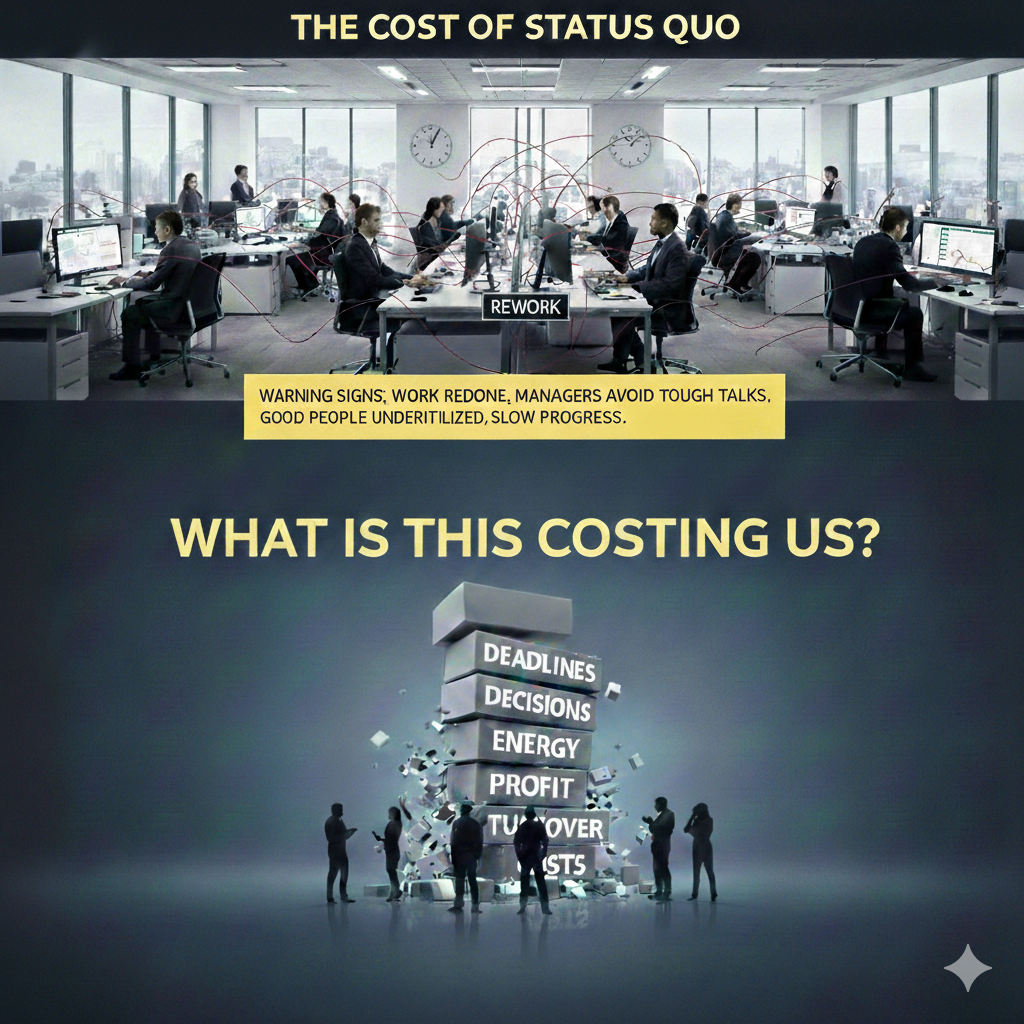Why Adaptability Matters

In today's fast-paced and ever-changing world, adaptability has become a key trait for success in the workplace. The ability to adjust and thrive in new and challenging environments is crucial for staying competitive and relevant.
Adaptability allows individuals to face unforeseen obstacles and effectively navigate through them. Whether it's a sudden shift in priorities or a change in technology, those who can quickly adapt are more likely to find solutions and remain productive.
Furthermore, adaptability fosters innovation and creativity. Openness to new ideas and approaches encourages individuals to think outside the box and find unique solutions to problems. This not only benefits the individual but also the entire organization, as it promotes growth and development.
Lastly, the importance of adaptability extends beyond personal and professional growth. Employers value adaptability as it ensures the overall success and resilience of their organization. Flexibility and adaptability are attractive qualities that enable businesses to stay agile and responsive to market demands.
In conclusion, adaptability in the workplace is crucial for personal, professional, and organizational success. By embracing change and being open to new challenges, individuals can thrive in today's dynamic work environment.
How are you adapting to meet the needs of the people in your organization? Are you asking open-ended questions and really listening to their answers? Are you checking that you heard them correctly? Are you asking follow-up questions to understand their perspective more fully?
If you aren't adapting your leadership practices to serve your employees needs, you are limiting their productivity. To improve your ability to adapt, I encourage you to register for the SBDC sponsored Conversational Leadership course I will be leading in September. Click here for more information.

